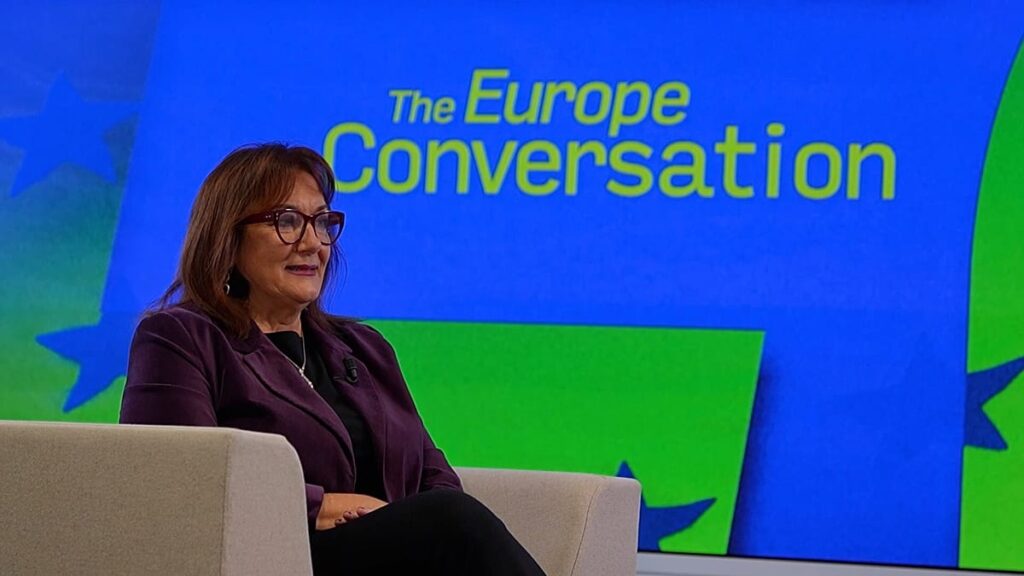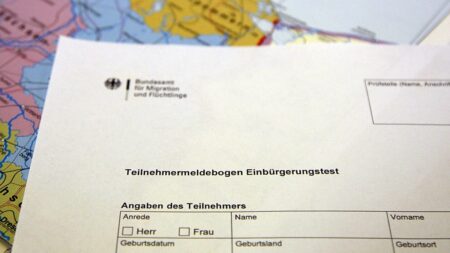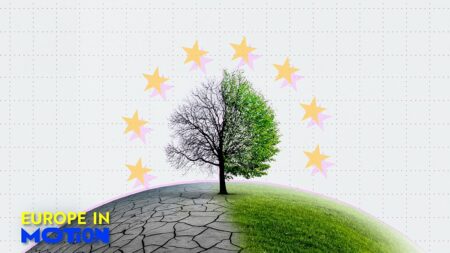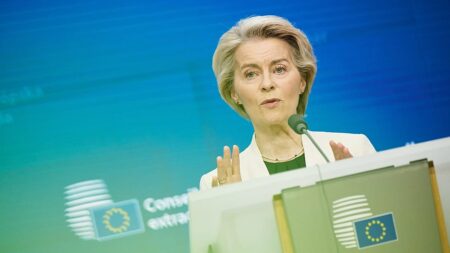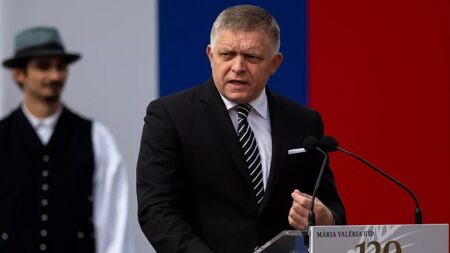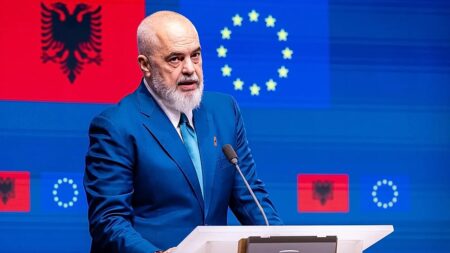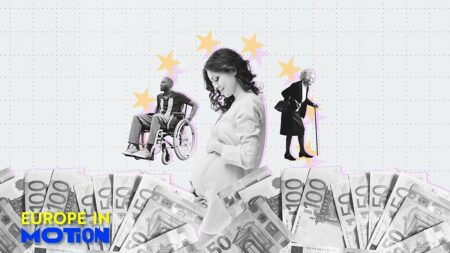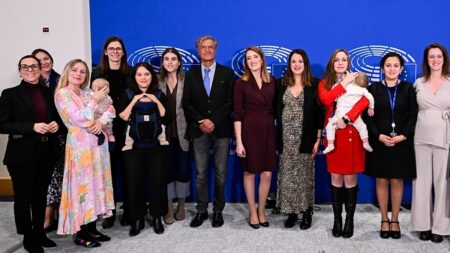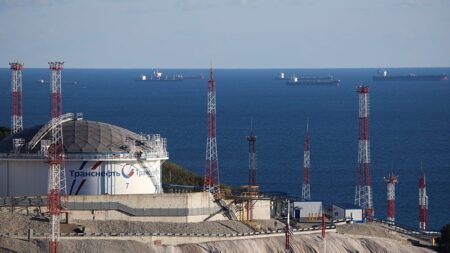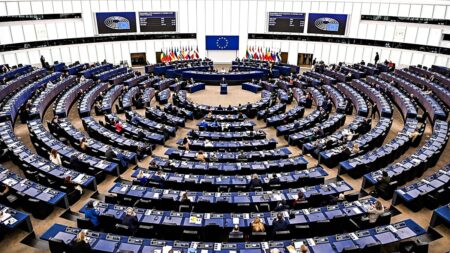“If we are not there, who will be there?” she said in an exclusive interview with Euronews.
“We understand that there is China, there is Russia, there are countries that have an interest in this part of the world, but Europe wants to be present,” she added. “We are the biggest payers to these [southern Mediterranean] countries. We don’t [just] want to be payers, we also want to be players,” the Croatian politician said.
Since Brussels presented the initiative a few weeks ago, critics have voiced worries that the new pact may repeat the shortcomings of previous Euro-Mediterranean policies, which often failed to deliver on their promises and had limited impact.
“This time, we want to have a real partnership,” Šuica said, stressing that the EU Commission consulted not only with governments, but also with think tanks, academia and civil society.
Brussels wants to help the southern neighbours to develop their economies and open up new jobs. “By opening new jobs, we are somehow tackling root causes of migration,” Šuica said.
“It’s not to create brain drain there. It’s to have brain circulation and it’s to give opportunity for those who are skilled and educated, to come here, but at the same time to stay in their countries and to develop their countries.”
Another opportunity for closer cooperation is energy policy, according to Šuica.
“We want to decarbonise the region from this side,” she added. “But if we don’t use the same standards in the southern part of the Mediterranean, then the sea and the Mediterranean region will be polluted again.”
By working together, “we have a win, win, win, win situation, opening new jobs, developing these countries, decarbonising the region. So everything is there.”
Seat on Trump’s Gaza Board of Peace
Šuica also commented on the ongoing process to stabilise the Middle East and support the reconstruction of the Gaza Strip.
In this context, she claimed a seat on the controversial ‘Board of Peace’ pitched by US President Donald Trump in his 20-point plan for the territory.
“We are the biggest, not only [financial] donors, but players,” Šuica, whose portfolio covers EU support to the Palestinian territories, said on Euronews’ The Europe Conversation. “We are their closest neighbours. So I think that we should have a place on this board.
Asked whether the bloc had already received an invitation from Trump to join the board, Commissioner Šuica replied: “Let’s see.”
The issue is expected to be discussed when EU foreign ministers gather in Brussels for talks on Thursday, 20 November.
That same day, Commissioner Šuica and the Palestinian Prime Minister Mohammad Mustafa will co-chair a Palestine Donor Group as part of efforts to transition to Gaza’s post-war future. As many as 60 international delegations, including those from Europe and the Middle East, are expected to attend.
Šuica said the group would focus on what the EU can do to “empower” the Palestinian Authority (PA), the Fatah-led governing body that oversees parts of the occupied West Bank.
The EU is the biggest donor of aid to Palestinians, but most of its disbursements to the PA are contingent on the Palestinian governing body’s progress on key economic and governance reforms.
There are mounting concerns, however, that Israel is pushing the Palestinian territories to the brink of fiscal collapse by withholding tax revenues owed to the PA, a practice UN experts have described as “financial stranglehold”.
“We need them (Israel) to release tax revenues for the Palestinian people, which is not the case,” Šuica told Euronews.
Read the full article here





